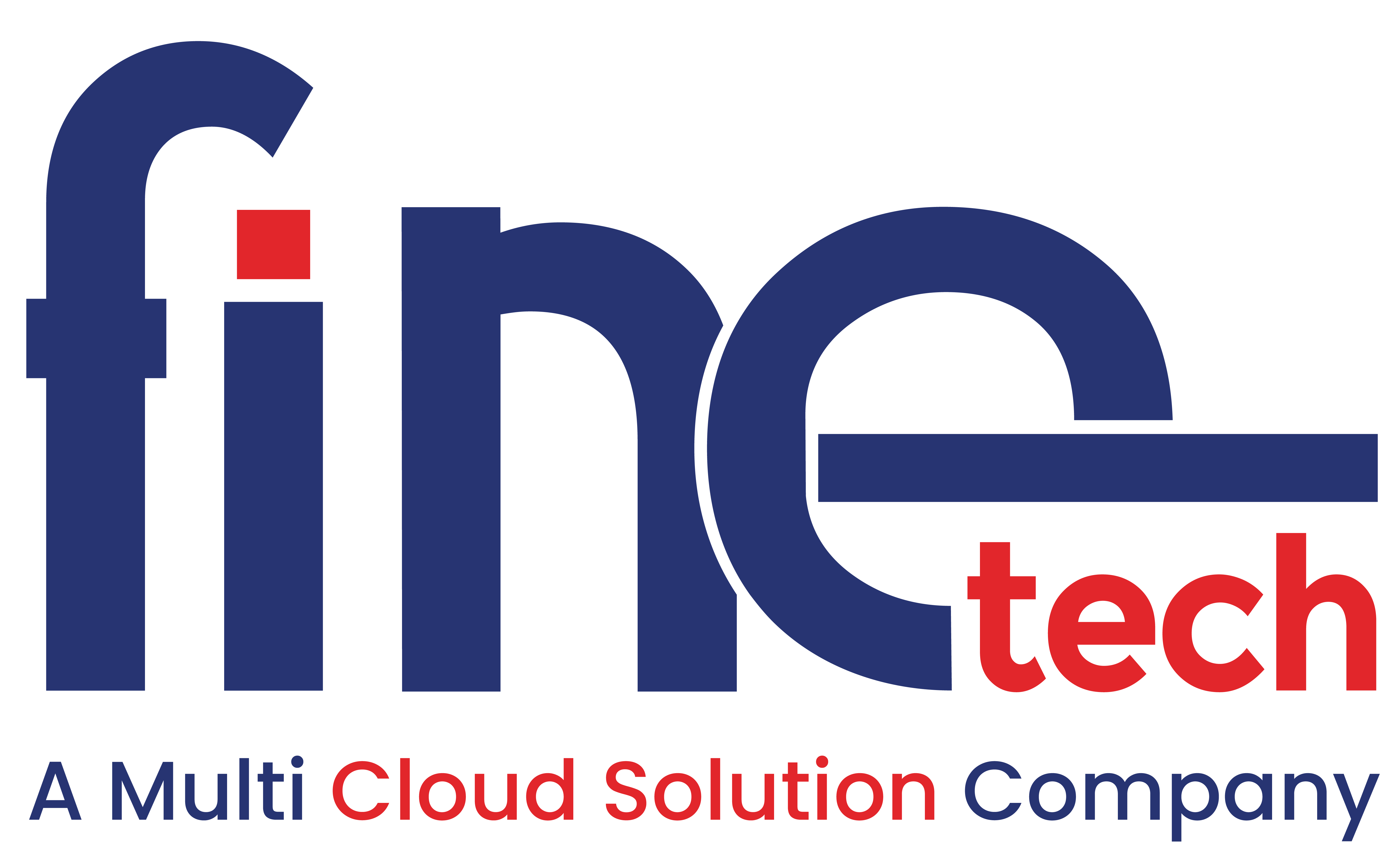3 min read
In today’s digital landscape, data serves as the backbone of the global economy. It fuels innovation, enables businesses to connect with consumers, and drives economic growth. The internet, for decades, has been a catalyst for connecting people and businesses worldwide, fostering innovation, and facilitating the exchange of goods and services. However, as data continues to flow freely across borders, it presents both challenges and opportunities for organizations striving to build and maintain consumer trust.
In this blog, we will explore the evolving landscape of data in the digital age, uncovering the challenges and opportunities it presents for organizations seeking to uphold consumer trust while harnessing the immense power of data-driven innovation.
The Significance of Data Flows
The importance of data flows in the modern economy cannot be overstated. Global data flows have become a cornerstone of economic growth, surpassing traditional goods trade in their contribution. According to the U.S. Chamber of Commerce, international trade driven by data flows has reached staggering figures, with nearly $700 billion in exports and almost $500 billion in imports originating from data-driven transactions.
Data-driven advertising is one prime example of how data flow supports the digital economy. It not only subsidizes the content and services consumers enjoy, such as video, news, and music, but also empowers small publishers and startups to compete with tech giants. Data-driven advertising ensures that consumers have access to these resources at little to no cost while facilitating fair competition in the marketplace.
Trans-Atlantic data flows are particularly critical, underpinning the $7.1 trillion U.S.-EU economic relationship. Half of all data flows in these regions consist of trans-Atlantic transfers. Recognizing the significance of these flows, the United States and the European Commission have established a Trans-Atlantic Data Privacy Framework. This framework emphasizes shared commitments to privacy, data protection, the rule of law, and mutual recognition of the importance of data flows to both economies.
The Data Deluge
The volume of data generated daily is staggering. Consumers typically produce approximately 2.5 quintillion bytes of data each day, with this pace only accelerating due to the proliferation of mobile devices and the Internet of Things (IoT). In the past two years alone, they’ve generated 90% of the world’s data, of which 75% is unstructured, making it challenging to index and utilize effectively.
For security professionals, this data explosion translates into greater responsibility for safeguarding customer security and privacy. The growing volume of data necessitates responsible data management to prevent inadvertent compromises of consumer interests. However, news headlines often feature companies of all sizes falling victim to cyberattacks, emphasizing the critical need for data security.
Regulations and Privacy
Regulations, while essential, are insufficient in addressing the multifaceted challenges of data privacy and security. Privacy remains the currency we exchange for digital services, and consumers require assurance regarding their data’s privacy and safety.
In 2020, the world witnessed a surge in data protection laws, leading to fines for companies that failed to secure customer data. While these regulations are a positive step, they have also created a patchwork of diverse legal frameworks worldwide, resulting in several issues:
- Consumer Confusion: The diverse laws have left consumers uncertain about their data protection rights, creating confusion.
- Unmet Expectations: Businesses struggle to meet consumer expectations regarding privacy and security choices.
- Compliance Challenges: Companies find it challenging to navigate and comply with the varying laws across regions.
Some examples of new regulations include:
- Brazil’s Lei Geral de Proteção de Dados (LGPD)
- Thailand’s Personal Data Protection Act (PDPA)
- Canada’s Personal Information Protection and Electronic Documents Act (PIPEDA)
- California Consumer Privacy Act (CCPA) and California Privacy Rights Act (CPRA)
A Collaborative Approach
To address the complexities of the digital market, organizations must adopt a new ethical approach to data handling, focusing on self-regulation and consumer trust. While global privacy standards may take time to materialize, businesses can’t afford to wait. Embedding security processes and technologies into data lifecycles is essential, especially in the era of remote workforces.
Technology companies should prioritize creating user-friendly interfaces and experiences that don’t burden users with the sole responsibility for their security. Building trust in technology necessitates a people-centric approach to security, allowing users to work securely without expecting them to be data privacy experts.
Dedoco: Protecting Data and Ensuring Privacy
In the pursuit of safeguarding data and ensuring consumer trust, innovative solutions are emerging to address the complexities of the digital landscape. One such solution is Dedoco, a leading platform dedicated to data privacy and security.
How Dedoco Enhances Data Privacy
Dedoco offers a comprehensive suite of tools and features designed to empower businesses in their data privacy efforts:
- Secure Document Sharing: Dedoco provides a secure environment for sharing sensitive documents. With end-to-end encryption and advanced access controls, it ensures that only authorized parties can access confidential information.
- Data Verification: The platform offers robust verification capabilities, allowing organizations to validate the authenticity of documents and data, thereby reducing the risk of fraud and unauthorized alterations.
- Blockchain Technology: Leveraging blockchain technology, Dedoco creates an immutable record of document transactions. This ensures data integrity, making it tamper-proof and auditable.
- Compliance Assurance: Dedoco helps businesses stay compliant with data protection regulations such as GDPR, CCPA, and more. It simplifies compliance processes, reducing the burden on organizations.
Benefits of Dedoco for Data Privacy
- Enhanced Security: Dedoco employs state-of-the-art encryption and blockchain to fortify data security. This means that your sensitive information remains confidential and protected from breaches.
- Streamlined Compliance: Dedoco automates compliance tasks, making it easier for organizations to adhere to data protection laws. This reduces the risk of regulatory fines and reputational damage.
- Improved Trust: By using Dedoco’s secure document-sharing features, companies can build trust with their customers and partners, demonstrating a commitment to protecting data.
Dedoco’s impact extends across various industries and use cases:
- Healthcare: Healthcare providers use Dedoco to securely exchange patient records and medical information, ensuring HIPAA compliance.
- Legal: Law firms rely on Dedoco to authenticate and protect legal documents, enhancing client confidentiality.
- Finance: Financial institutions leverage Dedoco to streamline Know Your Customer (KYC) processes while maintaining data privacy.
In today’s evolving digital landscape, Dedoco stands as a beacon of trust, offering cutting-edge solutions that prioritize data privacy. As organizations navigate the intricate web of data protection regulations, Dedoco provides a path to enhanced security, compliance, and, ultimately, consumer trust.
When it comes to data privacy, Dedoco is not just a solution; it’s a partner in the journey to a more secure and trustworthy digital world.
In conclusion, the digital landscape is evolving rapidly, and data is at its core. Building and maintaining consumer trust in this data-driven world requires more than just regulatory compliance; it demands a collective effort from legislators, corporations, IT developers, and individuals. By adopting responsible data practices and focusing on user-centric security, businesses can navigate this new frontier and foster trust in technology.




